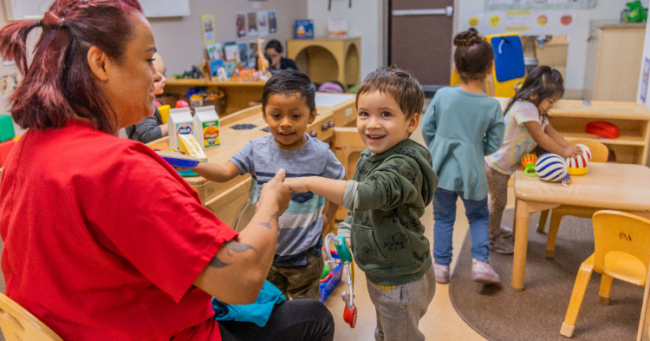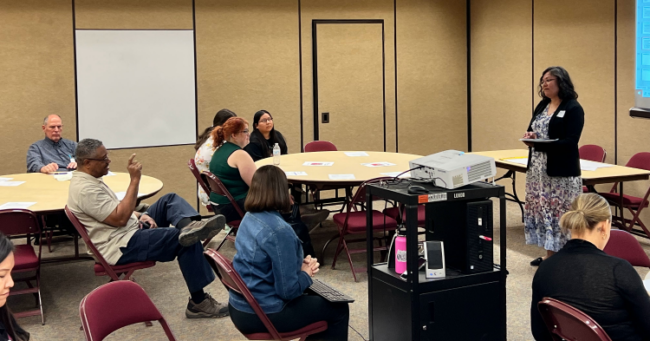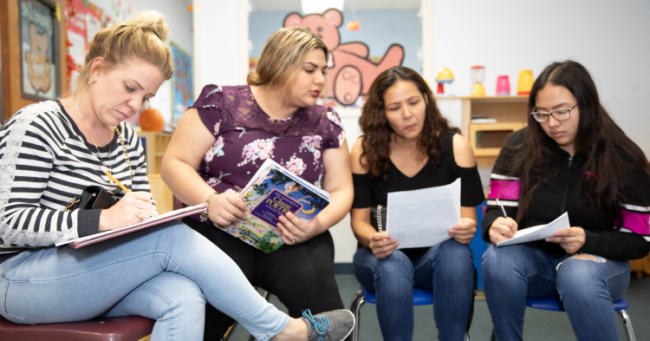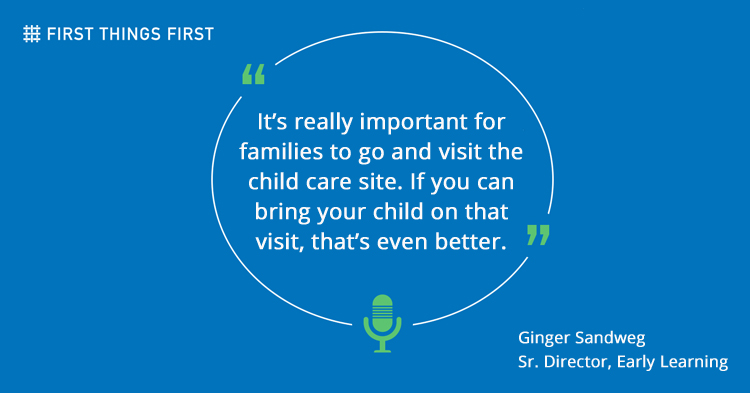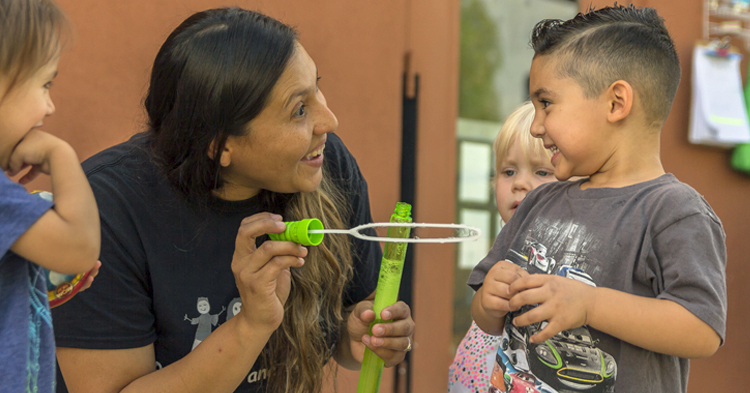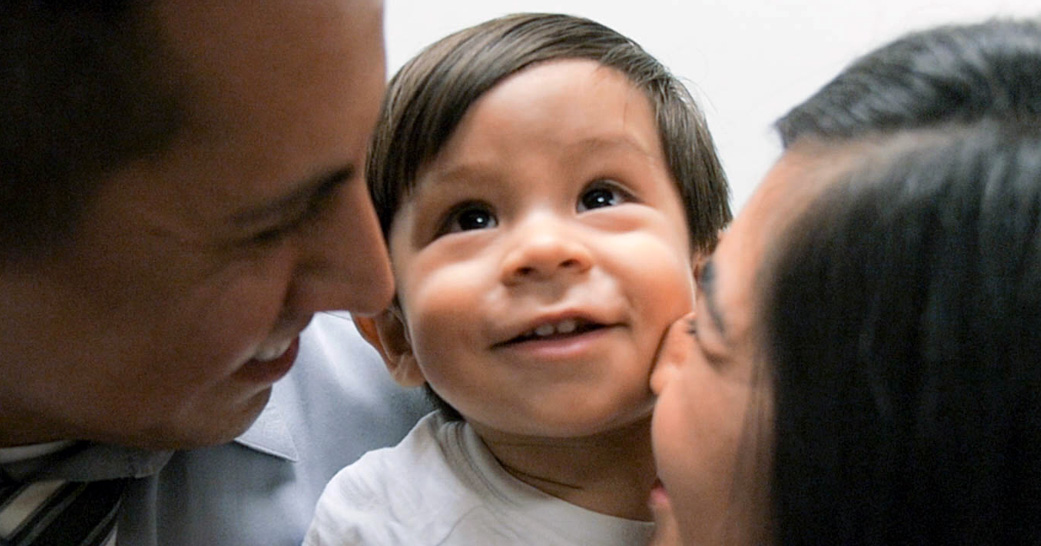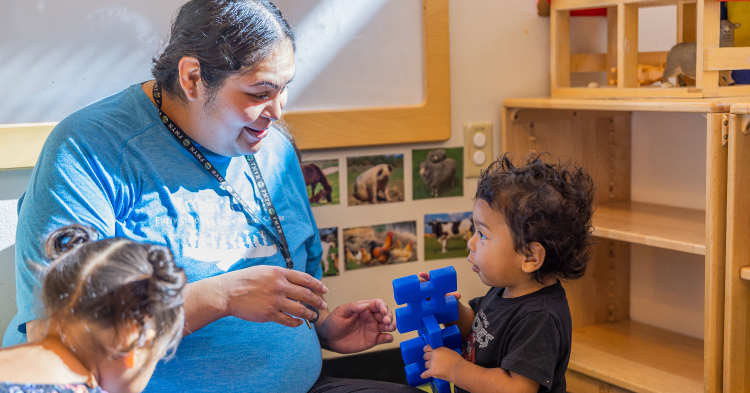
The new federal National Early Care and Education (ECE) Workforce Center, which launched earlier this year, is expected to provide states, including Arizona, with research and technical assistance activities to build a career pipeline for the early care and education workforce and identify approaches to increase compensation and benefits.
The ECE Workforce Center is under the U.S. Department of Health and Human Services (HHS), through the Administration for Children and Families (ACF) and is the result of a $30 million investment to support research and technical assistance for states, communities, territories and Tribal Nations to improve the recruitment and retention of a diverse and qualified workforce across early care and education programs.
“Although still in the early stages, the creation of a workforce center at the national level is a promising focus on the early childhood care workforce,” said Stacey Morley, FTF senior director of government affairs.
Since 2020, the child care sector has lost almost 80,000 jobs, or about 7.5% of its workforce, due to the COVID-19 pandemic, according to an HHS news release.
It is expected that states will be grouped together, as with other federal comprehensive centers such as the one that focuses on the kindergarten through 12th-grade workforce. One of the early planning meetings was held at FTF’s Phoenix office.
“There’s an advantage to grouping similar states to discuss similar problems,” Morley said. “The center can provide assistance to states through research and implementation of new programs. Arizona is not like the rest of the country. Other states have general fund money dedicated to early childhood education. We don’t. Also, our rural areas are extremely isolated. It’s different than areas in other states, where rural means a farm 30 minutes outside a major city. Here, you’ll have a student on a bus for an hour and a half each way. States like Nevada, Utah and New Mexico, we have similar rural distances, among other challenges.”
One focus of the center will be the workforce pipeline. Many organizations that provide early care and education services today find it difficult to locate skilled candidates to fill vacancies.
At the same time, a significant percentage of early care and education workers, who are overwhelmingly women and often have children of their own, live in poverty. Early care and education professionals are among the lowest-paid workforces in the country, despite the skills and expertise they possess to successfully support the development of young children.
“The new National Early Care and Education Workforce Center will help improve early care and education workforce recruitment and retention with a focus on career growth and better compensation for teachers, aides, and other caregivers,” said Secretary Xavier Becerra.
“HHS is honored to launch this first-of-its-kind research and technical assistance center to support the essential early childhood workforce who partner with families every day to ensure young children have what they need to thrive.”
The Administration for Children and Families will work with organizations such as Child Trends—along with partner organizations like the Center for the Study of Child Care Employment, BUILD Initiative, ZERO TO THREE, University of Massachusetts-Boston, and the University of Delaware — to carry out the ECE Workforce Center’s work.
The ECE Workforce Center’s research and technical assistance activities will work together to 1) build a career pipeline for the early care and education workforce, including support for pursuing credentials and degrees while maintaining the strong diversity of the early childhood sector; and 2) identify and implement sustainable approaches to increase compensation and benefits.
“We know it is hard for families to find quality early childhood programs. One of the reasons is that programs are having trouble recruiting and retaining early educators,” said Assistant Secretary January Contreras.
“We cannot continue to expect early educators to remain in these critical roles only to earn poverty wages. The National Early Care and Education Workforce Center will help states and localities support early care and education professionals—and, in doing so, support working families.”
Contreras was a member of the FTF state Board in its early years. She also oversaw the Arizona Department of Health Services after serving as Assistant Director of the Arizona Health Care Cost Containment System, Arizona’s Medicaid agency. She was also a member of Governor Janet Napolitano’s Children’s Cabinet.
The ECE Workforce Center is part of HHS’ broader efforts to support the early childhood workforce, which includes an early care and education workforce resources webpage and the recent award of nearly $300 million in Preschool Development Grants Birth through Five to 42 states, including $42 million to Arizona over the next three years.
Initiatives include increasing access to high-quality early learning programs for children birth to age 5, building early childhood educator capacity, supporting family engagement and increasing inclusive settings for children with disabilities.


